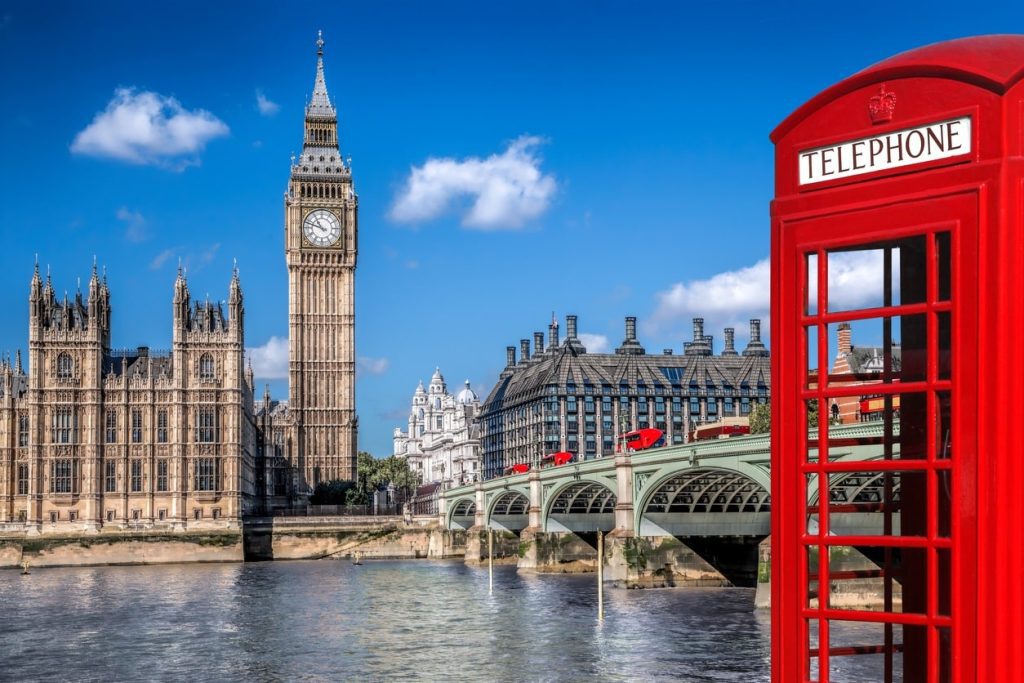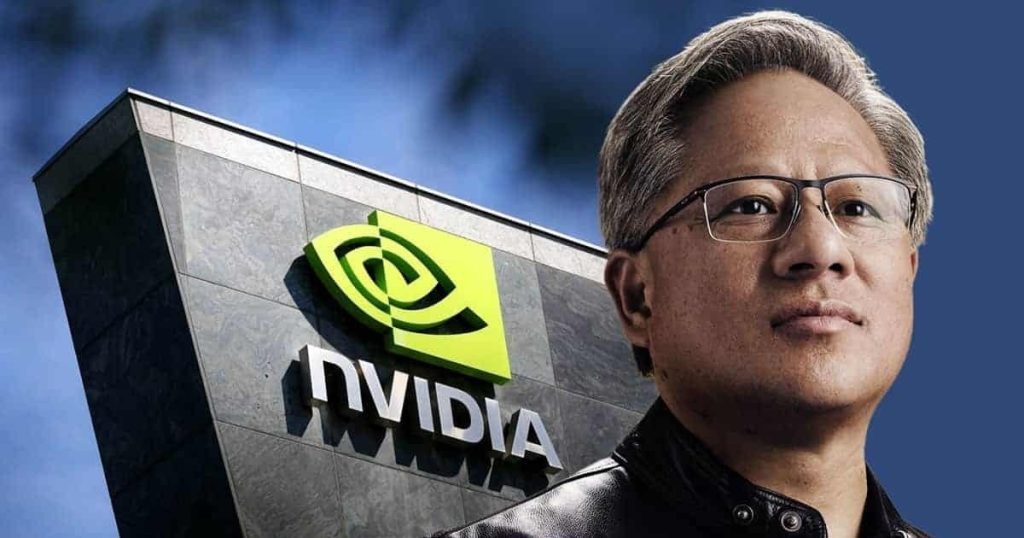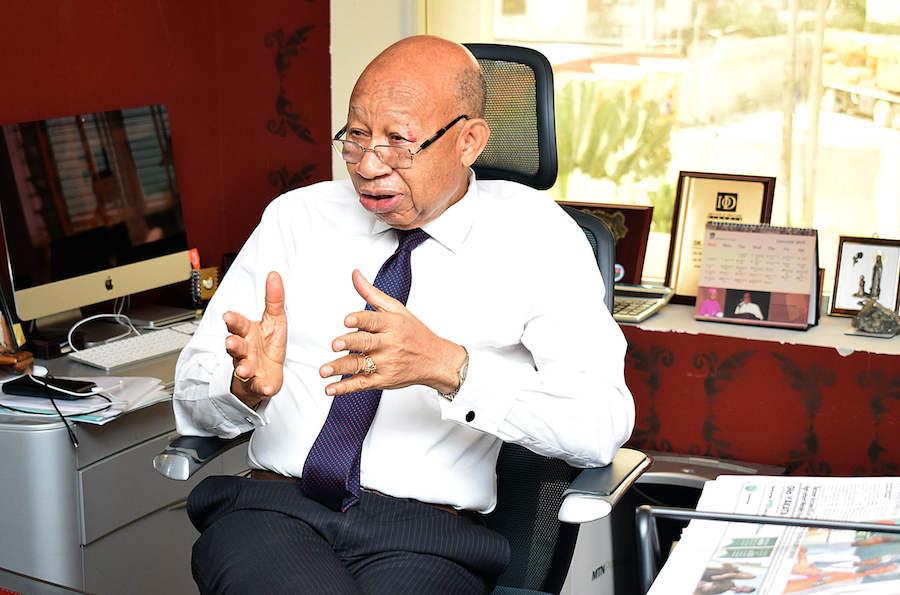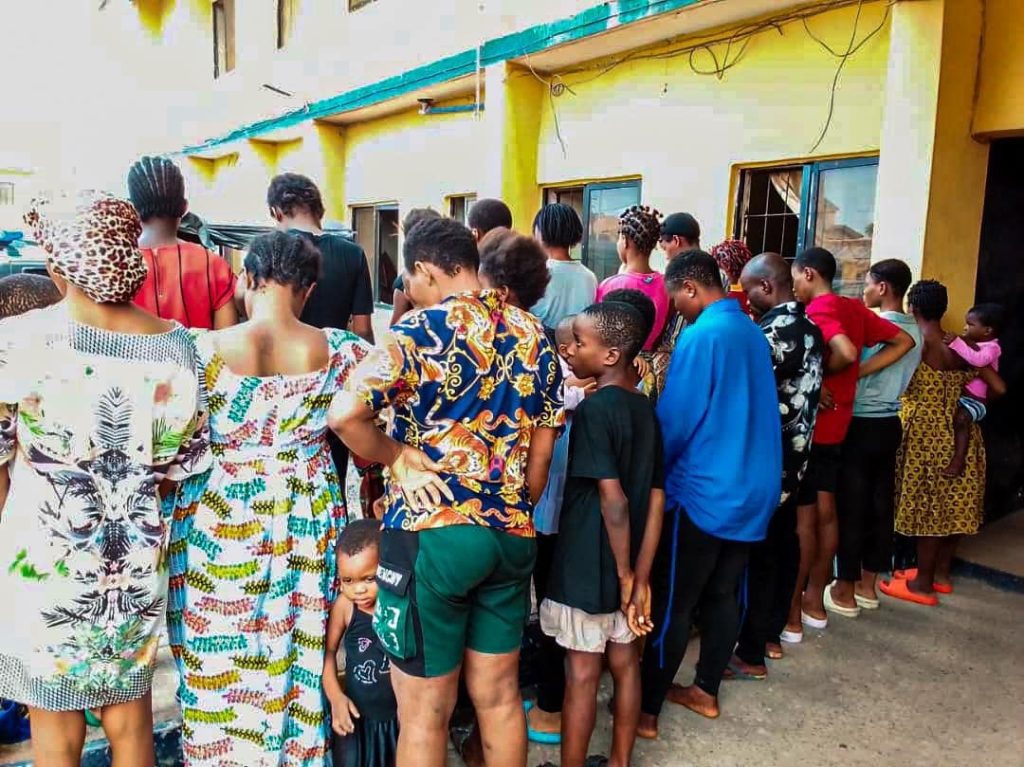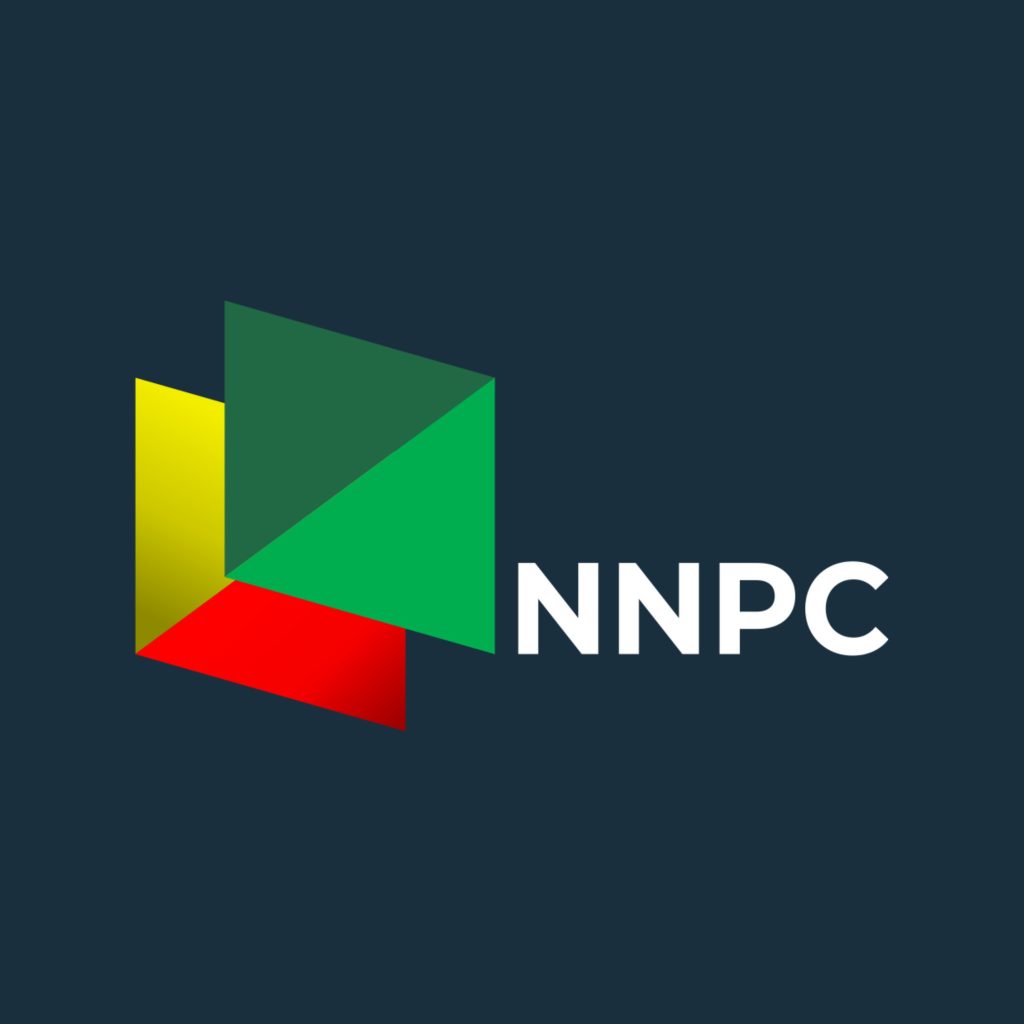The House of Representatives has called on the Central Bank of Nigeria (CBN) to immediately suspend its recently introduced increase in Automated Teller Machine (ATM) transaction charges, citing the prevailing economic challenges facing Nigerians.
The resolution was reached during Tuesday’s plenary session, following the adoption of a motion of urgent public importance sponsored by Hon. Marcus Onobun, the representative of Esan Central/Esan West/Igueben Federal Constituency in Edo State.
Hon. Onobun raised concerns over the CBN’s new directive, which prescribes higher ATM withdrawal charges while also eliminating the previous free withdrawal policy for customers using ATMs outside their primary bank.
New ATM Charges: What Has Changed?
Under the CBN’s latest policy:
- Customers withdrawing cash from their own bank’s ATMs will continue to enjoy free withdrawals.
- However, customers using ATMs of other banks within bank premises will now be charged N100 per N20,000 withdrawal.
- More significantly, customers withdrawing from ATMs located outside bank premises—such as those in malls, markets, and public spaces—will not only pay N100 per N20,000 withdrawal but also incur an additional surcharge of N500 per transaction.
This revised fee structure has sparked widespread criticism, as many Nigerians see it as an unfair burden in the face of rising costs of living.
Lawmakers Oppose the Policy, Cite Economic Hardship
During the session, Hon. Onobun argued that Nigerians are already struggling under multiple economic pressures, including:
- Soaring inflation rates
- Increased fuel prices
- Rising electricity tariffs
- Numerous other banking and service charges
He stressed that these factors have significantly reduced the disposable income of many Nigerians, making it increasingly difficult for households to manage their finances.
According to him, the imposition of additional ATM withdrawal charges would only exacerbate financial exclusion, discouraging low-income earners from accessing banking services. This, he said, contradicts the CBN’s stated goal of promoting financial inclusion across the country.
“The banking sector continues to record significant profits, yet consumers are being subjected to additional charges without corresponding improvements in service delivery or banking infrastructure,” Onobun stated.
House of Representatives Takes Action
The Speaker of the House, Tajudeen Abbas, presided over the session and put the motion to a voice vote, where it was overwhelmingly supported by lawmakers.
Following the vote, the House formally urged the CBN to suspend the policy immediately pending further consultations with the Committees on Banking, Finance, and Financial Institutions.
This development signals growing dissatisfaction among both lawmakers and citizens regarding excessive banking charges and the broader economic difficulties faced by Nigerians.
CBN’s Justification and Public Reaction
The CBN has yet to issue an official response to the House of Representatives’ resolution. However, the apex bank previously justified the policy, stating that the increase in ATM transaction charges was meant to encourage the use of digital payment platforms and reduce dependence on cash transactions.
Critics, however, argue that while digital payments are an essential part of modern banking, Nigeria’s current financial landscape lacks the stability, internet penetration, and seamless infrastructure needed to fully transition to a cashless economy without placing undue hardship on the population.
Social media users and financial analysts have widely condemned the N500 additional surcharge on off-premise ATMs, describing it as exploitative and unnecessary. Many Nigerians have pointed out that banks already generate substantial revenue from multiple transaction fees, maintenance charges, and other deductions on customer accounts.
Financial Experts Weigh In
Some economic analysts have also criticized the timing of the policy, given that many Nigerians are still recovering from the effects of the naira redesign policy and currency shortages experienced in 2023.
Dr. Ayo Oyeleke, an economist at the Lagos Business School, stated that higher ATM charges could discourage cash withdrawals, leading to increased reliance on unregulated financial alternatives, including informal money lenders and cash-based peer-to-peer transactions, which could undermine financial transparency.
He further noted that excessive transaction fees could lead to a decline in consumer spending, slowing down economic activity at a time when businesses and households are already struggling with inflation.
“The government must be careful not to introduce policies that hurt the very people they are trying to help. If digital payments are the goal, then the CBN must first ensure that all Nigerians have reliable access to financial technology, rather than penalizing them for using cash,” Dr. Oyeleke emphasized.
What Happens Next?
With the House of Representatives officially opposing the new ATM charges, the next steps will depend on the CBN’s response. While the apex bank is not legally bound to comply with the House’s resolution, sustained pressure from lawmakers and the public could force a policy review.
Meanwhile, consumer advocacy groups and financial rights organizations are mobilizing to challenge the policy, calling for greater regulatory oversight on banking fees.
If the CBN does not reverse the policy, it remains to be seen whether lawmakers will push for legislation to cap ATM charges and other banking fees to protect Nigerian consumers.
For now, millions of Nigerians await clarity on whether they will be relieved of these new charges or forced to adjust to higher transaction costs in an already challenging economic environment.





